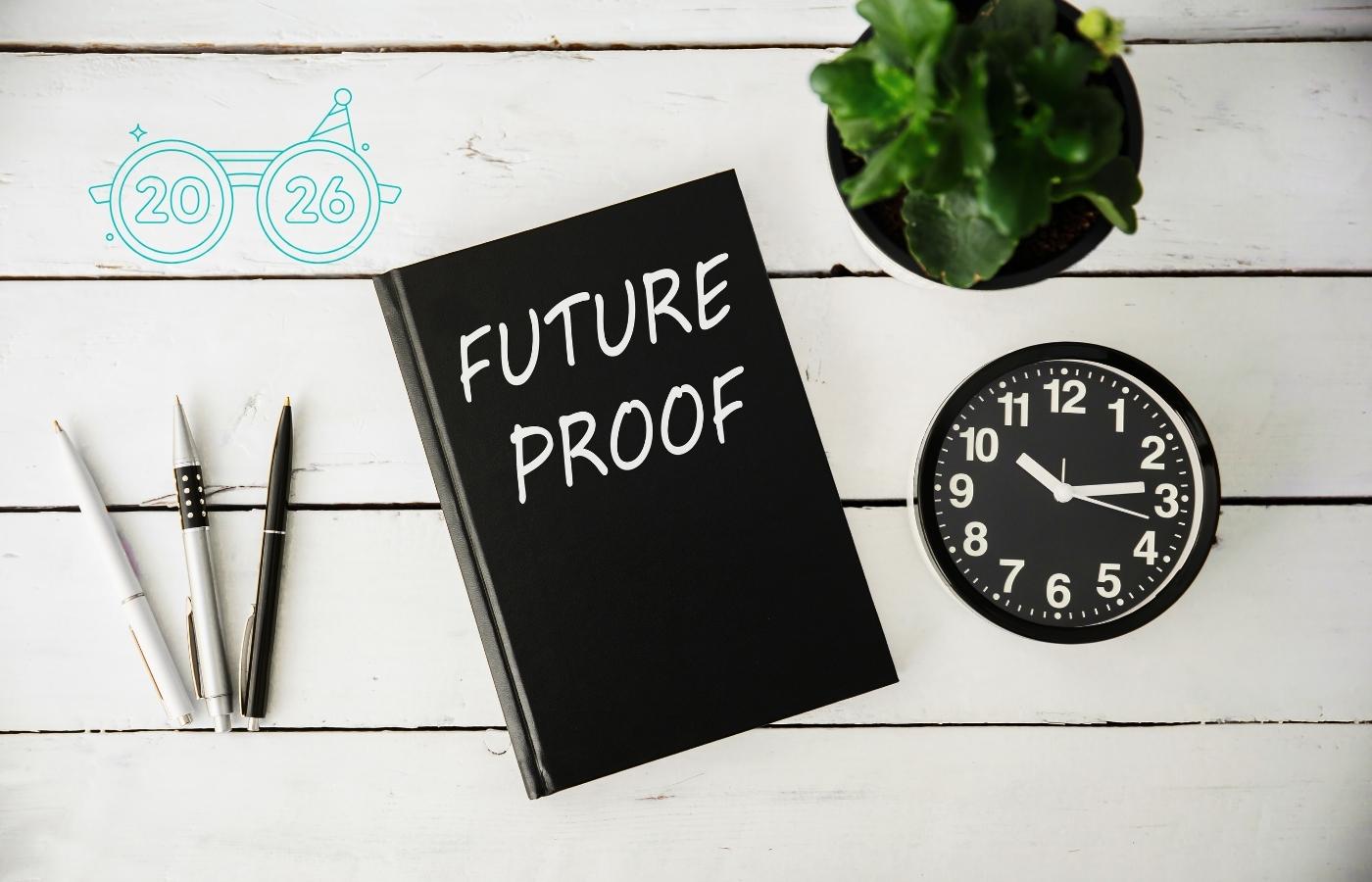With the Great British Switch Off accelerating, if you’re a home phone user the chances are you’ll be using a Digital Voice service within the next couple of years if you aren’t already.
But any time that a significant technological change takes place, it’s normal for questions to be asked.
Here’s a rundown of some of the most common questions we’ve heard about Digital Voice.
What is Digital Voice and how is it different to ‘normal’ voice?
To properly answer this question, we need some quick background info for context.
From 2023, ‘traditional’ telephone services – that’s your typical line rental and calls over the copper telephone network – will stop being sold. By late 2025, the service will be switched off altogether.
That means, if you’re still using a traditional landline at that point, you will no longer be able to make and receive telephone calls.
Of course, the telephone network can’t just be switched off without an alternative in place. And that’s where Digital Voice comes in.
Instead of making and receiving calls over the copper telephone network, you’ll make and receive calls over your broadband connection. The old service is an analogue one. Here, your voice is converted into electrical signals and transmitted over the telephone network where it is converted back into soundwaves at the receiving end (we’re sure there are plenty of people who could pull that completely non-techy description apart, but that’s the gist anyway!).
Digital Voice uses something called Voice over Internet Protocol (or VoIP), which translates your voice into those binary 1s and 0s that computers like to talk in. It travels across the internet where it is translated back into sound waves at the receiving end so the person you’re talking to can understand what you’re saying.
We promise that’s as technical as this article is going to get.
Why do I need Digital Voice?
Like we’ve said, the Openreach telephone network is being shut down. Without a replacement service like Digital Voice, there would be no way to make and receive calls from a home phone.
We understand that lots of people today prefer the convenience of mobile phones and can’t imagine using a ‘home’ phone, but if you’re a mobile-only user you may be surprised at the number of people who still prefer the traditional method.
What are the benefits of Digital Voice?
One of the main benefits of Digital Voice is call quality.
That old copper telephone network has served us well for many years, but it is very prone to interference and signal loss, and in a nutshell that means less than ideal call quality.
The fact that Digital Voice uses more reliable fibre broadband connections, and that binary computer-related stuff we talked about earlier, means that you’ll usually get the same quality at the other end of the line as went in at the beginning.
It’s also a good platform for additional features like call waiting, voicemail and diverting calls to another phone (like a mobile). If you’re running your Digital Voice service through Zen’s FRITZ!Box router, you can even set up your mobile to make and receive your calls while you’re at home.
Do I still need to pay line rental?
Traditionally, you’d need to pay line rental to take a broadband service (because the broadband connection used the same wires as the telephone). With more modern full fibre connections, there’s no need for line rental, so you’d only have to pay for the ‘telephone’ part if you want to use it.
If you want a voice service, our Digital Voice package would replace what you’d ordinarily pay for line rental.
Is Digital Voice more expensive?
The good news is that Digital Voice actually costs less than typical line rental. For example, Zen’s Digital Voice service costs £7 per month, with an included 1,000 minutes for calling UK landlines and mobiles. You’d only have to pay any more for calls made outside of this allowance.
How do I set up Digital Voice?
Your provider should take care of all the back end stuff, and the only thing you’d need to do is connect your phone to the back of your WiFi router, rather than the master socket on your wall.
Your phone will either have an appropriate connection or you’ll be able to use the adapter that came with your FRITZ!Box (you can get in touch with us if you’re trying to plug in and you don’t have an adapter or you’re not sure what to do).
This Digital Voice setup guide provides handy tips on getting you started.
How reliable is Digital Voice?
The reality is that Digital Voice is just as if not more reliable than the traditional telephone network.
Because it makes use of exceptionally reliable full fibre broadband connections, you should very rarely experience any problems.
Do I need a new phone?
No. You can continue to use your existing handset for Digital Voice. If you want to, you can spend a little extra on a handset that connects to your router completely wirelessly, or even configure your service so you can make and receive calls on your mobile, but that’s not essential. So, in other words, once your phone is connected to your router, everything will work just as it did when you were connected to the master socket.
Can I keep my number?
Absolutely. There’s no obligation to change your number when you take a Digital Voice service. We’ll even do the transfer for you free of charge.
What if there’s a power cut or the internet goes down?
In the case of a power cut or internet outage, your Digital Voice service will not work. We’re confident in the reliability of our broadband, so you shouldn’t expect to experience any connection issues, but we’d recommend having a mobile phone handy in case of a power outage – especially if you need to call the emergency services (a free call from any mobile).
Some homes may have connected Alarm systems that will no longer work once the switch to Digital Voice is made. In that case you may need to speak to your provider to make alternative arrangements. Trials are currently underway to assess the impact of Digital Voice on connected home services.

Zen Internet - Home SalesSales
01706 902573
Zen Internet - Customer EnquiriesCustomer Enquiries
01706 902001


